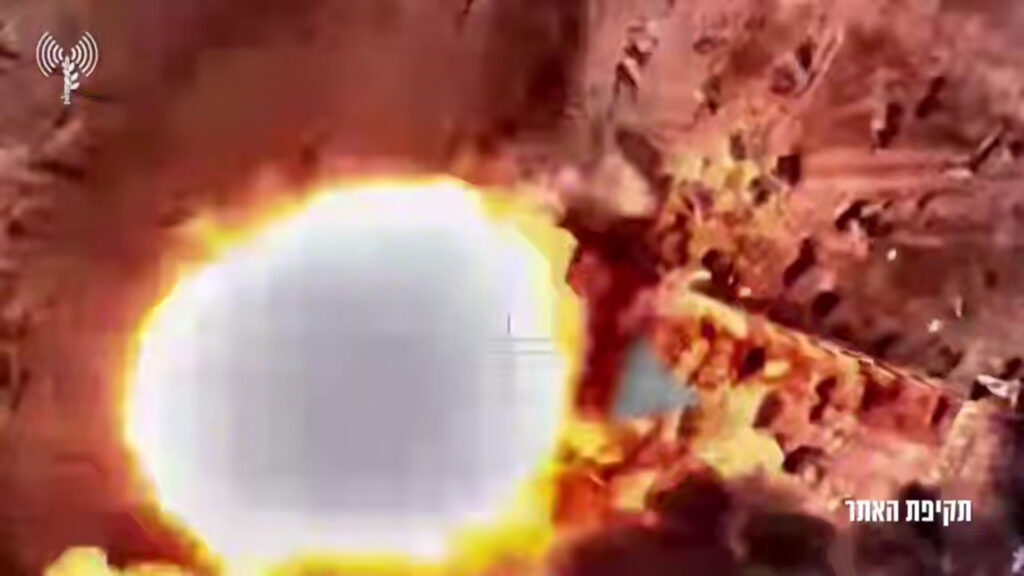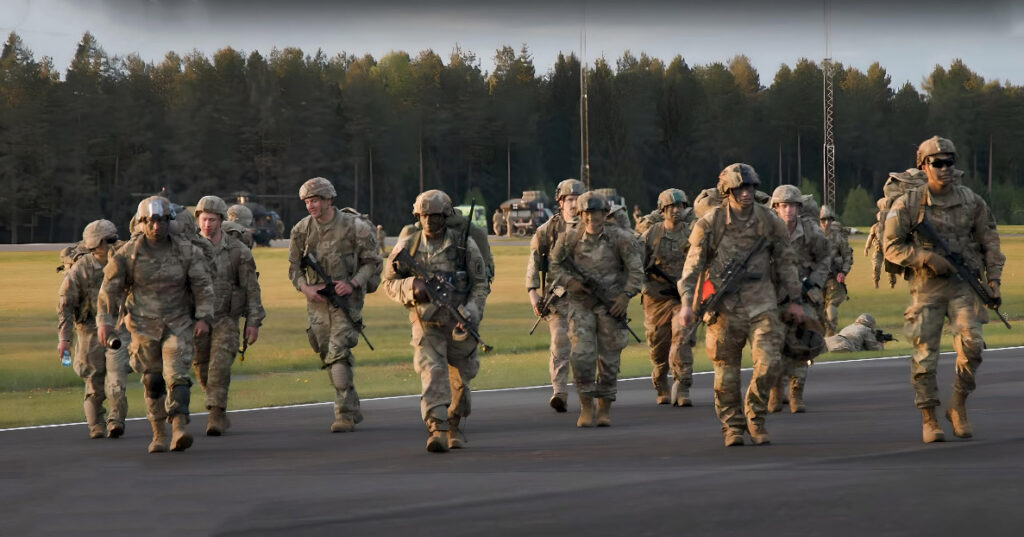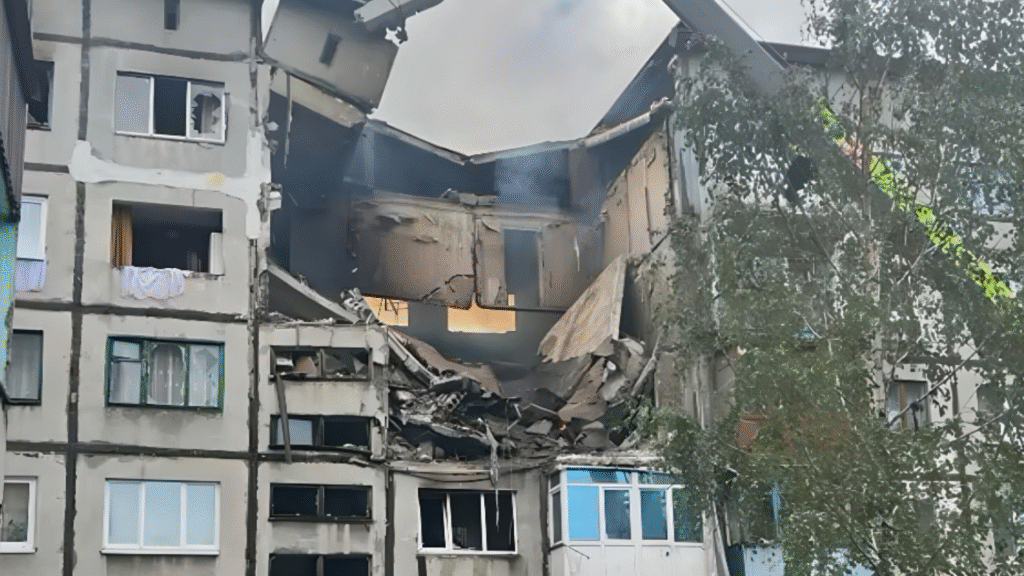In a bold and unprecedented move, the Israeli Air Force conducted a large-scale operation overnight between June 17 and 18, targeting key industrial sites in Iran linked to the production of advanced centrifuge components. These facilities, according to Israeli military and intelligence sources, are critical to Iran’s uranium enrichment program, which has long been a point of concern for global security.
Codenamed “Rising Lion,” the operation involved over 50 fighter jets, including state-of-the-art F-35s and F-16s, deploying precision-guided munitions from beyond Iran’s radar range. The strikes zeroed in on industrial complexes near the cities of Kashan and Arak, where intelligence reports indicate the presence of advanced centrifuge assembly lines capable of producing highly enriched uranium.
Satellite imagery from Planet Labs, combined with open-source data, reveals significant damage to the targeted sites. Destroyed hangars, fires, and heavily damaged storage facilities are visible, with at least two major industrial plants reportedly rendered inoperable. While Tehran’s official statements downplay the impact, claiming “minimal losses,” independent analysts suggest the strikes have severely disrupted Iran’s centrifuge production capabilities.
Iran responded swiftly, launching a barrage of ballistic missiles and kamikaze drones targeting Israeli cities, including Ashkelon and Netanya. Israel’s multilayered missile defense systems intercepted most of the incoming threats, but some strikes hit their mark, causing property damage and civilian injuries. The exchange has heightened fears of a broader conflict, with both sides signaling readiness for further escalation.
Iran’s Defense Minister Mohammad Reza Ashtari condemned the strikes as “unacceptable aggression” and vowed a “calculated and asymmetric response” at a time of Tehran’s choosing. Meanwhile, Israel has bolstered its military presence along its borders, preparing for potential retaliatory actions.
The timing of the operation has drawn scrutiny, as diplomatic efforts to ease tensions in the region have stalled. Analysts suggest Israel’s actions reflect a strategic decision to curb Iran’s technological advancements in its nuclear program, particularly as negotiations over the issue remain gridlocked. However, Iran’s counterattacks signal a willingness to escalate, raising concerns about the stability of the broader Middle East.
Military experts describe “Rising Lion” as a potential turning point in the Israel-Iran rivalry, with both nations doubling down on their strategic objectives. As international mediators urge restraint, the ongoing tit-for-tat strikes underscore the challenges of finding a diplomatic off-ramp. The situation remains volatile, with the risk of further escalation looming large.



